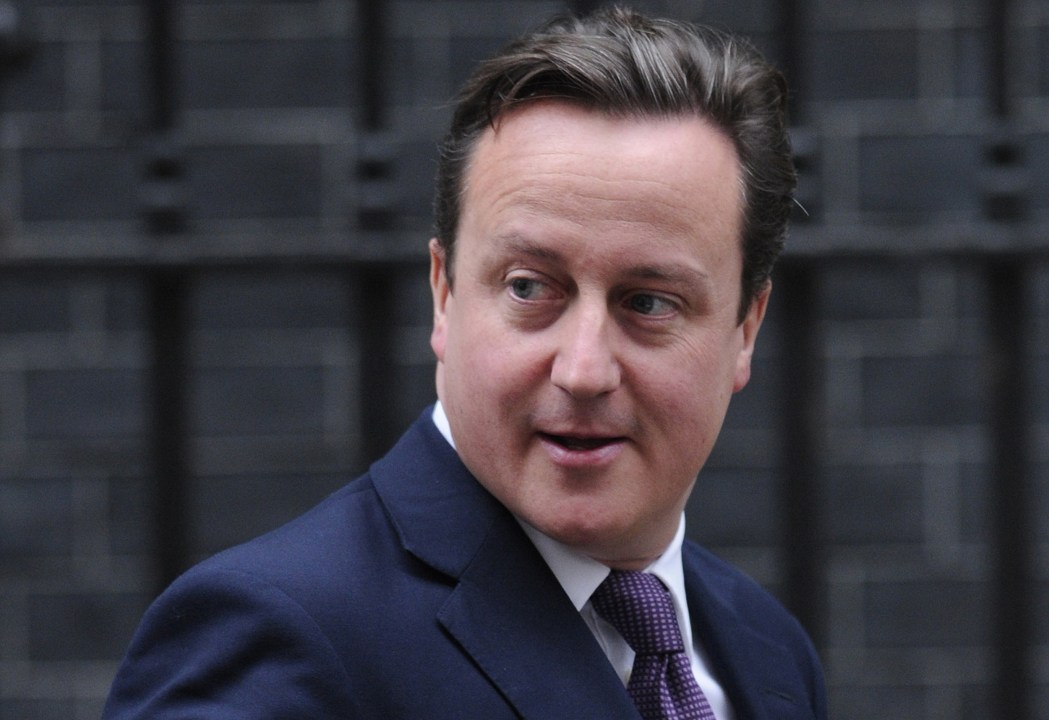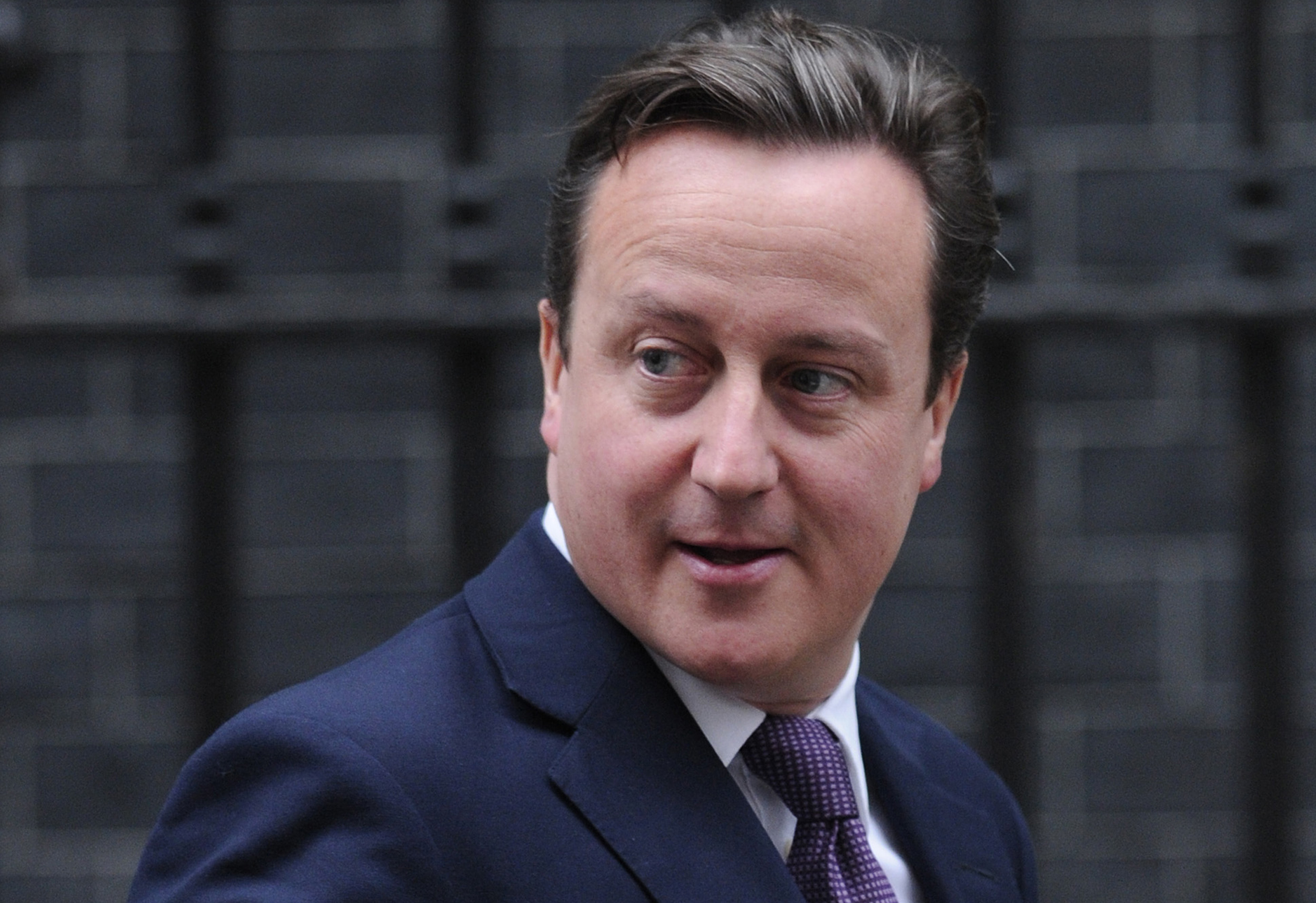 What now? That’s the question. This morning it looks not like 17 versus 10, but
like 1 versus 26, which is a cold and lonely place for Britain to be. But it is also the right place to be. David Cameron asked for a little and got less. He had to act as he did and will reap the
benefit electorally and among his MPs. Labour’s position is not just politically weak, but also unrealistic: it has been clear for weeks it was not possible to run a ‘periphery
strategy’ as the 10 states outside the Euro have different incentives to Britain and different long-term aims. And the idea that the last Labour government had better links to the continent
is laughable.
What now? That’s the question. This morning it looks not like 17 versus 10, but
like 1 versus 26, which is a cold and lonely place for Britain to be. But it is also the right place to be. David Cameron asked for a little and got less. He had to act as he did and will reap the
benefit electorally and among his MPs. Labour’s position is not just politically weak, but also unrealistic: it has been clear for weeks it was not possible to run a ‘periphery
strategy’ as the 10 states outside the Euro have different incentives to Britain and different long-term aims. And the idea that the last Labour government had better links to the continent
is laughable.
As I argued yesterday, Britain could have been less of a nuisance, George Osborne could have guarded his tongue, and the pull-out from the EPP cost the Tory leader more in the eyes of Angela Merkel and Nicolas Sarkozy than he realised at the time (though he was warned by many an ex-diplomat). The fight over the EDA budget, the strange fuss over the EU’s right to issue statements on foreign policy, and the refusal to contribute to the EFSF also rankled our partners.
Finally, the summit was also a spectacular failure of diplomacy. When you are marginal to the main negotiations, and have a special interest to defend, the best method is to wait until everyone else has fought each other to a standstill and is desperate to ink the final deal before tabling your demand. Cameron’s demands came on top of decades of lecturing other Europeans on how to run an economy, particularly from Gordon Brown. The other Europeans had had enough and so allowed Nicolas Sarkozy to bulldoze the UK out of the way. But all that’s yesterday’s story.
Now the PM has to decide what kind of course to take next. Will it be softly-softly, trying to appear reasonable as the rest move ahead? Or will it be slash-and-burn, vetoing the EU’s budget, blocking access to EU buildings, dragging Britain’s feet on implementing directives, etc, etc? Some Tory MPs will want to put fire to the eurozone house, not least because of how brutally Nicolas Sarkozy behaved towards Britain. Others will caution that turning isolation into excommunication will do little to advance Britain’s interests.
So the PM has to decide on the tenor of future engagements. Priority No1, however, must be the City. The PM went to the wall on this and must now find ways to protect against the effects of a eurozone tax. A cross-party team should be set up, including politicians, officials, bankers, and regulators to develop proposals that ensure the right kind of regulation, but also protection from regulatory overreach from the eurozone. Could the City merge with Shanghai to prevent flight of businesses and funds?
Then there is the matter of the budget, the issue most other EU states care about. The UK has already changed the tone of the debate from one of having the money to cover the EU’s priorities to one of cutting priorities to fit within a smaller budget. But should the UK go further and ‘do a Sarkozy’? The EU’s Financial Framework is decided unanimously. So Britain still has a veto. But is it now business as usual, or a new way of business?







Comments